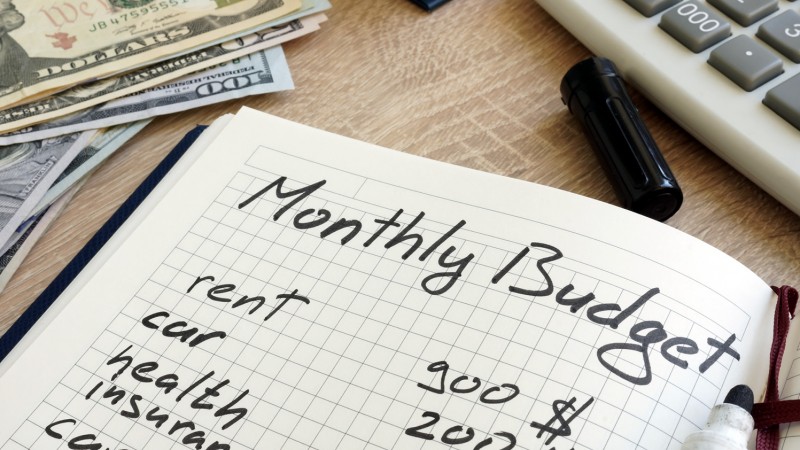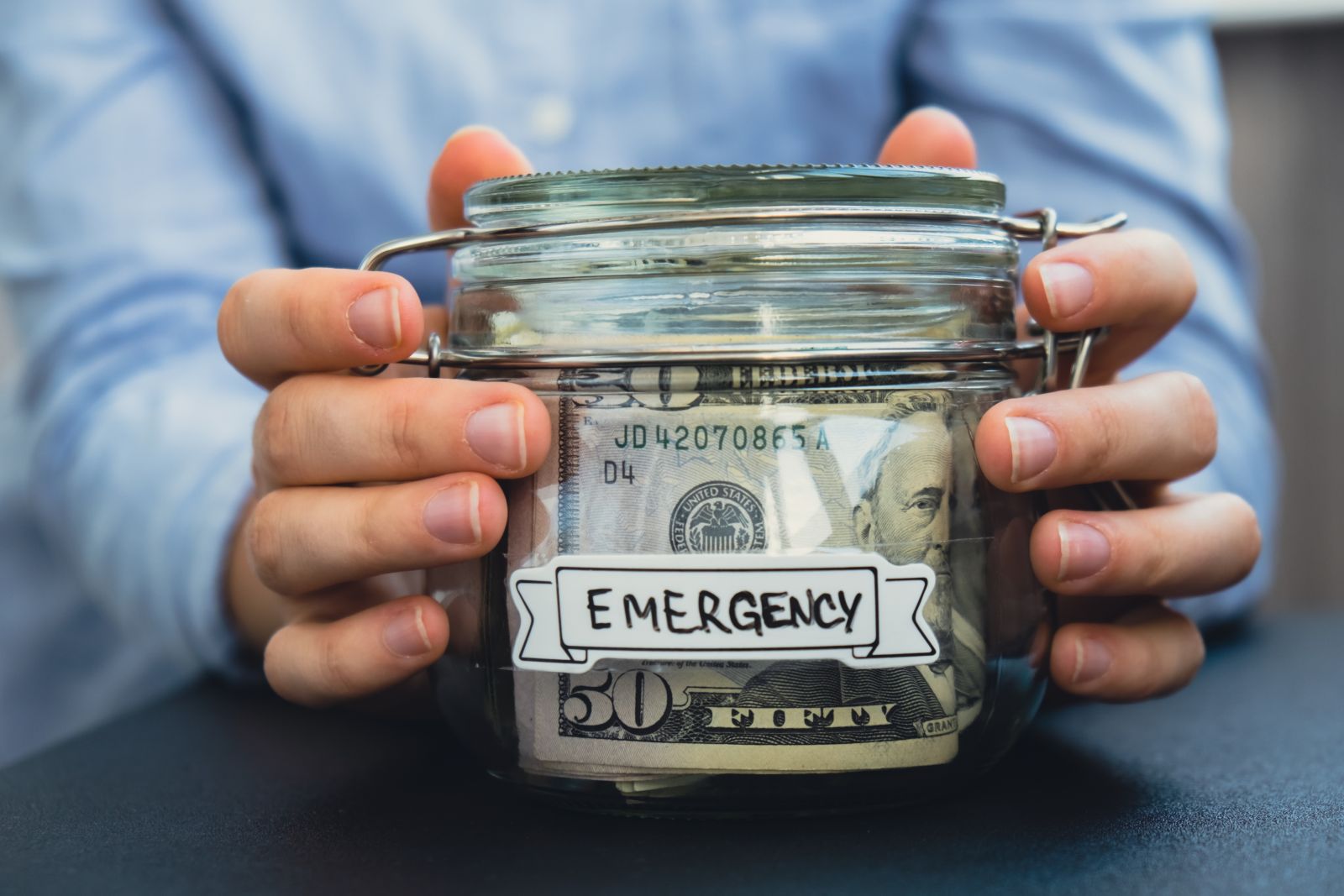Monthly Budgeting Tips for Smarter Spending

Creating a monthly budget is one of the most important ways to get your finances in order and limit your spending. Without a clear budget, it’s easy to lose track of where your money is going. This can lead to spending more than you earn, racking up debt, and feeling stressed. Creating a monthly budget can help you stay on top of your finances, determine how you spend your money, and make plans to achieve your financial goals, such as saving for a trip, paying off debt, or building an emergency fund.
Review your Income and Expenses
To create a monthly budget, you first need to take a close look at your income and expenses. Once you know exactly how much money you bring in each month from different sources, you can create a budget. Then, categorize everything you buy into categories such as groceries, utilities, transportation, activities, and even small items like coffee that you buy every day to track your spending. This control can help you gain insight into where your money is going and identify where you may be overspending.
Set Reasonable Spending Limits
Once you have a clear picture of your income and expenses, the next step is to set reasonable limits for each area. Instead of creating a budget that is too strict and difficult to maintain, set a budget that is large enough to meet your needs while still providing a few things you want. For example, set aside some money for entertainment and dining out so you don’t feel like you’re depriving yourself, but make sure these expenses don’t get in the way of paying your bills and saving. Setting reasonable limits will help you stick to your budget in the long run.
Prioritize Needs Over Wants
When creating a monthly budget, it’s crucial to distinguish between needs and wants. Needs include things like food, housing, healthcare, and utilities that must be paid for first. Wants are things or services that you don’t need, like dining out, buying new tools, or buying a few nice things. If you don’t have a lot of money, pay for what you need first and only buy what you want when you have money to spare. Prioritizing helps ensure that you meet your basic financial obligations before any additional expenses.
-
Beginner Investing Tips to Build Wealth and Confidencemayo 27, 2025
-
Why Financial Wellness Education Matters More Than Evermayo 26, 2025
-
Smart Emergency Savings Strategies Everyone Should Knowmayo 25, 2025
Set up a Fund for Unexpected Expenses
It’s easy to throw your budget out of whack because life is full of uncertainty. Medical emergencies, car repairs, and unexpected home maintenance often come out of nowhere. To avoid worrying about money in these situations, it’s best to set aside some money each month as an “emergency fund” or “cushion.” Even if you save a small amount each month, it can add up over time and provide you with a safety net to avoid having to use a loan or credit card in an emergency.
Track your Spending with Technology
There are many apps and tools available that can help you track your spending and stick to your monthly budget. Budgeting apps can track your expenses in real time, automatically categorize them, and alert you when you’re approaching your spending limit. These tools make budgeting easier, help you get it right, and keep you accountable. Technology can be a huge help for those just starting out or looking to speed up the planning process.
Review and Revise Your Budget Monthly
Creating a budget isn’t a one-time thing; you need to review and revise it on an ongoing basis. Your goals, income, and expenses should evolve over time, just like your budget. At the end of each month, evaluate how well you’ve executed your plan. If you notice you’ve overspent or underspent, adjust your limits. Reviewing your budget regularly will help ensure it stays on track and reflects your current financial situation.
How to Avoid Common Budgeting Mistakes
Many people make simple mistakes when planning that can undermine their efforts. For example, you might underestimate expenses, forget to include payments that happen infrequently (like annual fees), or forget to record small, everyday purchases that add up. Another mistake is being too rigid, which can make you angry and even throw your budget off. Understanding these issues and planning ahead can help you create a more reasonable and workable monthly budget.
Benefits of Smarter Spending Habits
Creating a reasonable monthly budget can help you improve your spending in many ways. You can reduce financial stress, avoid unnecessary loans, and save more money. Choosing the right spending patterns is another way to spend wisely. This can help you get more enjoyment and value out of the things you buy. These patterns will help you manage your money better in the long run and give you more peace of mind.
Conclusion
Creating a monthly budget is a great way to take control of your finances and change your spending habits. You can create a budget that works for you by looking at your income and expenses, setting reasonable limits, prioritizing what you need, saving for emergencies, and using technology to track your spending. Regularly reviewing and revising your budget will keep it working. Avoiding these planning mistakes and spending wisely will help you have a better financial future and less financial stress. If you are patient and persistent, creating a budget regularly can change the way you manage your money.
FAQs
1. What’s the best way to get started if I’ve never budgeted before?
Start by recording your income and expenses for a month without making any adjustments. With this knowledge, you can create a reasonable budget with spending limits for each category. An app or simple spreadsheet can make this task easier.
2. How do I stick to my budget?
Set clear financial goals, enjoy small wins, and treat yourself occasionally, but don’t go over the limit. Regularly tracking your growth will help keep you motivated.
3. What if I spend too much one month?
Don’t worry. Look at your budget for the next month and find ways to cut back in other areas to make up for the extra spending.
4. Should I save money in my regular budget?
Yes, you should make saving part of your budget, just like paying your bills. Even small savings can add up over time and make you more financially stable.
5. Can budgeting help you get out of debt?
Of course. Budgeting allows you to set aside some of your money to pay off debt while also tracking other expenses. This can help you get out of debt faster.





